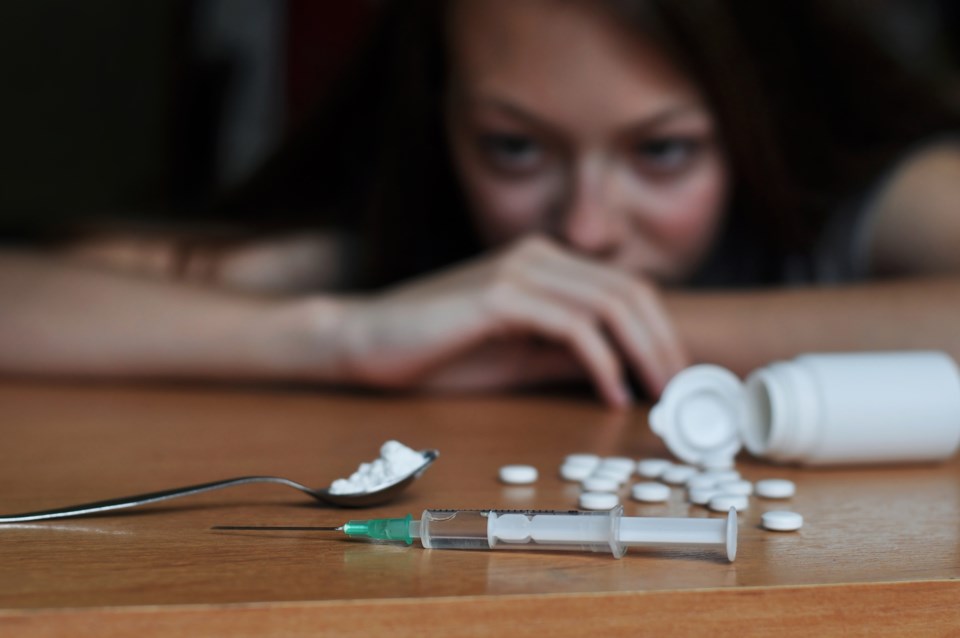A two-month anti-stigma campaign by the Community Drug Strategy of North Bay & Area hopes to create awareness around drug use and drug-related stigma, and remove the stereotypes experienced by people who use drugs.
It's called "Let’s work together to: Stop the shame. Stop the blame. Stop the stigma."
“Society categorizes individuals who use drugs and relates the use of drugs to specific identities, however, we know that anyone can use drugs, and that addiction can affect anyone no matter their walk of life,” explains spokeswoman Katharine O’Connell.
She adds there are a lot of issues with drug-related stigma, including the perception that there's a specific group of people that may be using substances.
"But really substance use can affect anyone, it can affect your friends, your family members, someone who is a doctor, an artist, a student, an educator, it can really affect individuals from all different walks of life," she told CKAT news.
Another misconception is that the individual is to blame.
"That notion really fails to recognize there's social and structural barriers to accessing services and social structures that contribute to drug use and it's really putting blame on the individual when there's a lot of different things that contribute to why someone may be using substances," O'Connell says.
She says stigma can also create barriers to people accessing services or even discouraging them from calling for help.
"When individuals who use drugs are stigmatized, the individuals may not seek the appropriate help due to their fear of public perception and the negative effects it can have on their livelihood. Stigma can affect an individual’s ability to recover. It can create barriers to accessing services, cause people to hide their drug use, and discourage people from calling 9-1-1 in the event of an emergency."
"It really does have an impact on our communities and we really all need to be trying to work together to reduce stigma. Everyone deserves to be treated with dignity and respect, we're all individuals, we're all people," O'Connell adds.
Drug-related stigma results from multiple factors including societal fears of drugs and people who use drugs, the criminalization of drugs, and the idea that people who use drugs are to blame for their own actions
The campaign includes social media posts, advertising, posters along with bus-shelter, and bus ads.
Numerous community and health groups and organizations are involved. The campaign will be launched in communities across the Nipissing and Parry Sound districts.
Check out the webpage that includes links to download posters and other information about the campaign.



